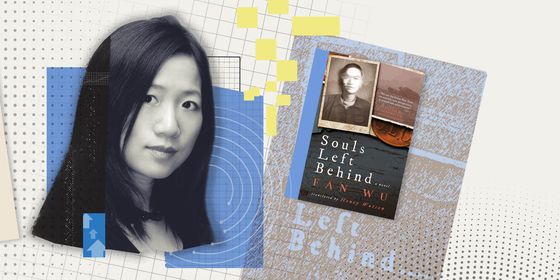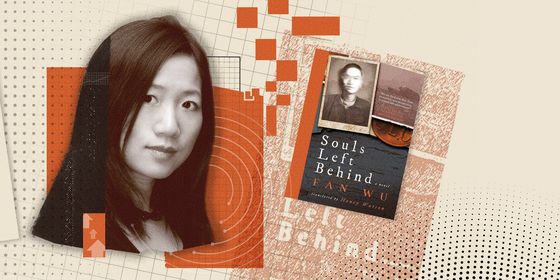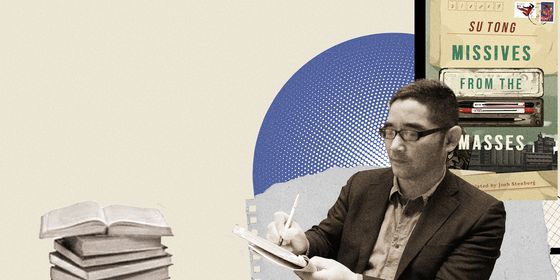A new science fiction and fantasy anthology shows the best of China’s growing canon of female and non-binary authors
Only a tiny percentage of China’s fiction trickles its way into English every year. According to lists compiled by Paper Republic, of the 17 works of contemporary novel-length fiction translated from Chinese in 2021, 11 of them were written by male authors aged 50 and above, like Liu Cixin and Yan Lianke.
The Way Spring Arrives and Other Stories, an anthology of sci-fi and fantasy short stories, is hoping to change this picture. Published simultaneously by the Shanghai Literature and Art Publishing House in Chinese, and in English by sci-fi and fantasy imprint Tor.com earlier this year, the book was written, translated, edited, and designed by a Chinese female and non-binary team. Many of the 17 stories included originated as “net novels,” literature circulating mostly through online literature platforms like Qidian, Xiaoxiang Study, and Jinjiang Literature City.
The writers are mostly in their 20s and 30s, and have all made a splash in the Chinese literary scene, either winning prestigious awards or gaining large fan-bases. But the majority of them have only had one or two short stories translated into English in anthologies or journals with a relative limited circulation. They come from a variety of backgrounds: Anna Wu and Xia Jia have degrees in literature, but Shen Yingying is a physician by training who started writing short stories and novellas online at the beginning of this century, the popularity of which led to the offline publication of five of her longer novels. Wang Nuonuo graduated from Cambridge University with a degree in economics and was a Key Opinion Leader (China’s equivalent of influencers) on Q&A platform Zhihu before she started writing science fiction.
Over the past 30 years, the internet has given rise to a number of prominent female authors. In an essay on web novels that comes at the end of the anthology, sci-fi writer and translator Xueting Christine Ni points out that China’s mainstream publishing industry has been dominated by men since the 1950s, and strongly favors male authors. ”Entrenched patriarchal attitudes meant that they [women] were still expected to take the share, if not all, of domestic and childcare responsibilities,” writes Ni, giving them neither the time to write or the respect required by senior management in publishing houses ”to raise them out of the ever-growing slush pile.”
But since the early 2000s, online literature platforms have helped female authors in China, many of whom started as amateurs, bypassing biases from publishers and readers to break into genres previously dominated by men. The voting, rating, and subscription systems on these platforms, largely meritocratic, reward writers based on their popularity with readers instead of credentials.













